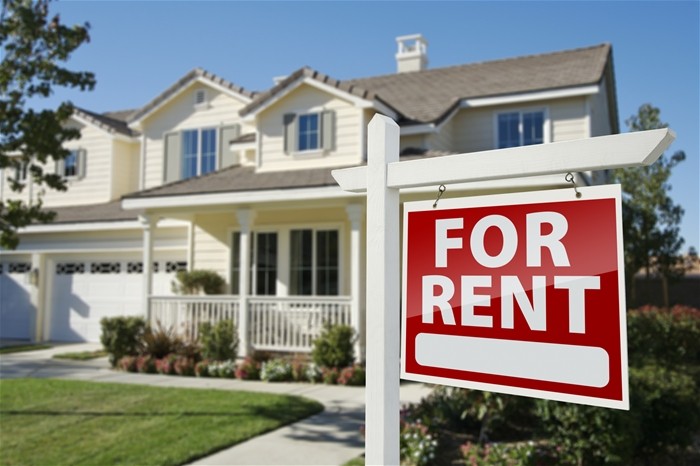Many Options For Selling Rental Property
Post on: 12 Июль, 2015 No Comment

Many Options For Selling Rental Property
Q: I have owned a four unit apartment building for many years. I purchased it for $75,000, and it is now worth approximately $600,000. Being a landlord has been tough, but when I look at the profit I have made, I guess it has been worth it. Now, I plan to sell the property. What are my taxable consequences, and are there any ways of avoiding or deferring my tax obligations?
A: Several years ago, I was discussing capital gains tax issues with a Congressman from a western state. He had just sold a piece of investment property in the District of Columbia, and had also made a lot of money. I urged him to do something about the then high capital gains tax (it was 28 percent at that time). His response was very instructive: “Many of my constituents purchased property in my home state many years ago, and only made a few thousand dollars profit. I have made a lot of money on my investment, but I cannot justify voting for a tax reduction. I have made money, and I will pay tax on my gain.”
Thus, one very simple answer: pay the tax, pocket the rest of your gain, and enjoy your money.
Indeed, Congress just gave you a present. For sales which took place after May 6, 2003, the capital gains tax rate has been reduced from 20 percent down to 15 percent. For taxpayers in the lower brackets of 10 or 15 percent, the tax will only be five percent of the gain.
It should be noted that – unless Congress amends this new tax law – these new, lower tax rates are applicable only through December 31, 2008. After that, the rates will go back to 10 percent for taxpayers in the lower tax brackets, and 20 percent for all other taxpayers.
If you plan to sell, don’t rely on Congress extending these deadlines; do it now. You have a number of options:
- Sell and pay the tax: Let us also assume that you have depreciated the property by $30,000 over the years. Your basis in the property will be $45,000 ($75,000 — $30,000). You will have made a profit of $555,000 ($600,000 — $45,000). Keep in mind that I am not taking into consideration the many costs and expenses which will reduce your gain, such as fix up costs, closing fees, and real estate commissions. For Federal tax purposes, you will owe Uncle Sam $83,250 (at the 15 percent rate), and you should determine exactly how much money you will owe for State taxes in the jurisdiction where you live. And you should also discuss this with your financial advisors, because under certain circumstances, you may have to pay a recapture tax. This is a tax which is imposed on some forms of depreciation which you have taken every year when you filed your income tax returns.
But the bottom line (and again excluding state taxes and other expenses), you will end up with approximately $516,750 in gross sales proceeds. Obviously, if you have a mortgage on the property, this will have to be paid off at settlement.
There are strict rules applicable to a 1031 exchange (also called a “Starker exchange”. The net sales proceeds must be held by a neutral intermediary, you must identify the replacement property or properties within 45 days after the sale of the relinquished property, and you must actually take title to the replacement property within 180 days after the sale of the relinquished property.

Many people who own investment properties are exploring this 1031 route. However, it is not for everyone. Some people just do not want to continue to be a landlord – especially in those jurisdictions (such as the District of Columbia) where the landlord-tenant laws favor the tenants.
This is not a legal issue – but a business decision – which only you and your financial advisors can review and decide.
There are a number of ways in which you can dispose of your rental property. But talk with your family – and your financial advisors – first before making any final decisions.














